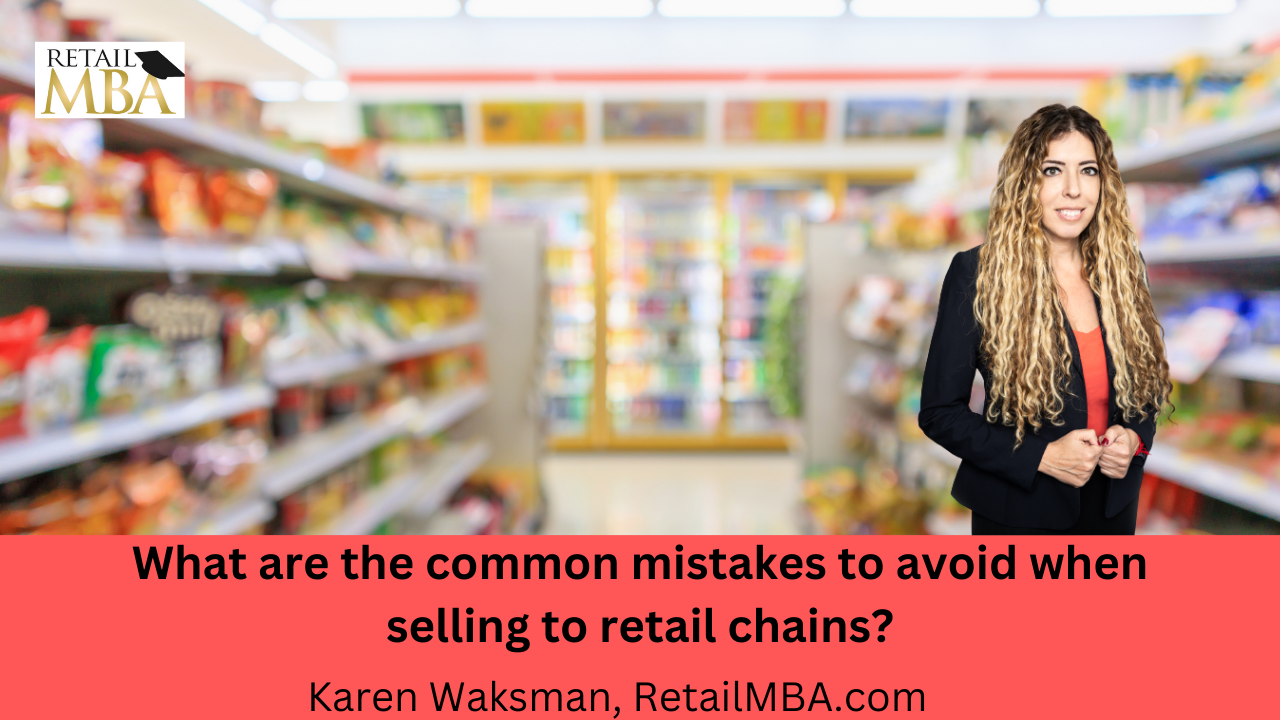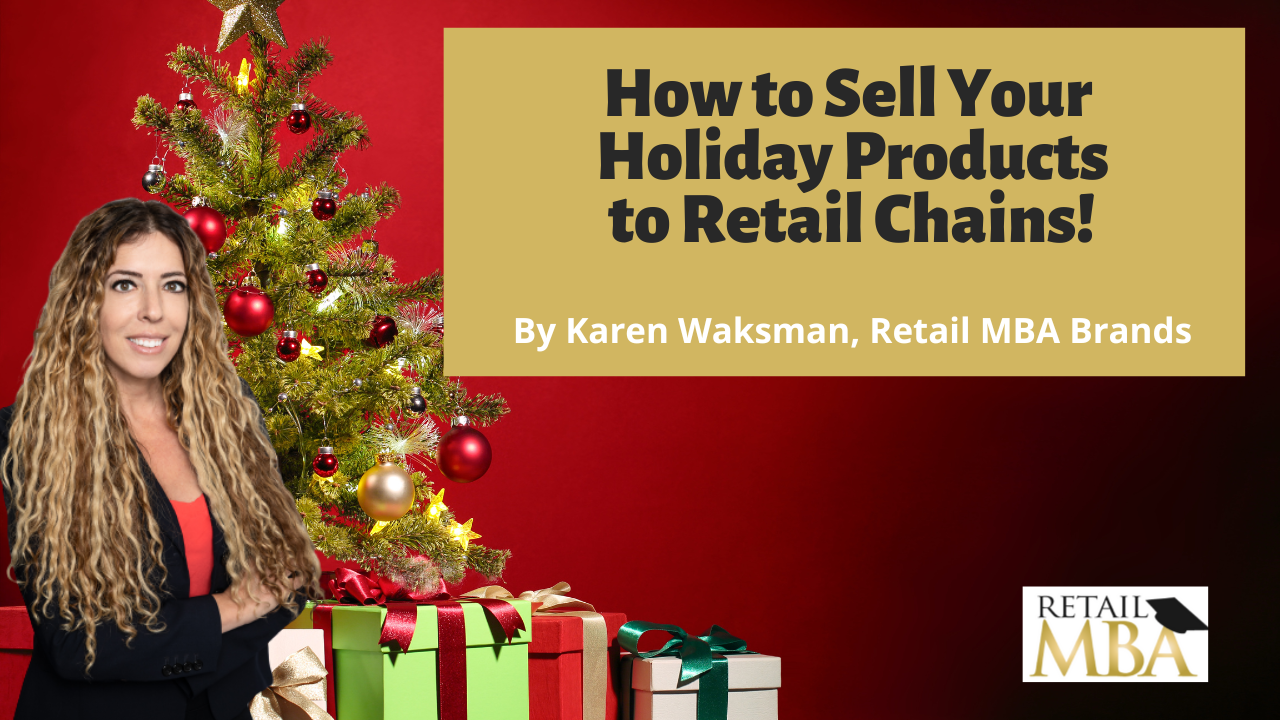Manufacturing Sales Representatives

Manufacturing Sales Representatives
Sales reps can be invaluable assets to manufacturers. Their extensive industry connections enable them to introduce your products to a broader clientele base. It is crucial that manufacturers conduct an efficient recruitment process that respects candidates’ time.
External sales representatives serve as the main point of contact for outside sales and bid requests, creating quotes, bid strategies and price positioning information for every project.
They are responsible for generating sales
Your small or large business can benefit from the sales and marketing expertise of manufacturer sales representatives. These professionals can help establish a stronger presence within an industry and broaden your clientele base, while providing valuable feedback about customer needs and market trends back to your company. Furthermore, manufacturer sales reps may assist with developing better products or connecting with key clients.
Reps tend to carry multiple lines and offer an array of services, from delivery and installation of equipment to technical support and follow-up visits to ensure proper operation or suggest ways to boost performance. They may even assist in organizing promotional programs or suggesting retail store displays.
Manufacturer’s reps usually work as teams, each taking responsibility for one product line. They travel together, taking samples of smaller items as well as audiovisual presentations of larger goods with them on the road. Their primary duties are answering customers’ inquiries about specifications, uses, warranties and prices as well as negotiating contracts regarding payment, delivery and servicing agreements; in addition to helping customers select the ideal products for their specific applications as well as explaining how best to operate and maintain them.
Manufacturers should carefully consider their needs when hiring or replacing reps, taking into account factors like call cycle frequency, problems in the territory and prospective buyers in the area. Manufacturers should ask prospective reps about their experience and approach to business – finding one who fits perfectly can lead to long-term success for both sides.
Manufacturers typically enlist the services of representative firms when selling their products because it allows them to save money by hiring salespersons on commission and paying them only when a sale occurs; as well as sidestepping social security, health insurance and withholding taxes costs. Unfortunately, this method of distribution also comes with potential dangers; large corporations have attempted to bypass reps altogether by purchasing directly from factories for cheaper costs – something the Manufacturers’ Agents National Association (MANA) strongly condemns as it reduces profits for all involved parties involved.
Reps who work independently should review their contract with manufacturers to understand what is expected of them and establish mutual goals for annual sales goals. A strong agreement can lead to long-term relationships that benefit both parties involved.
They are responsible for generating leads
One of the key tasks for manufacturing sales representatives is lead generation. To do so, they must identify potential clients that have an immediate need for your products, then build trusting relationships with them over time. Achieve this requires both strong industry knowledge and an effective marketing plan incorporating both inbound and outbound techniques.
Manufacturing sales representatives are independent contractors who build long-term relationships with client companies known as “principals” to sell their products. While working under direct supervision from these principals, manufacturing sales representatives must still generate leads on their own by networking through business associations, following up on past sales, accessing Internet databases or consulting business directories; additionally they should research prospective clients to identify what their needs are and how the manufacturing company can meet those requirements.
Manufacturers’ representatives typically prioritize building lasting relationships with customers over making quick sales. They become intimately acquainted with their operations and know exactly how to assist in growing businesses. In addition, they renew sales contracts periodically as well as introduce new products; loyal customers may receive free samples, discounts or even special terms on products from them.
Sales manufacturer reps can be an invaluable asset to your manufacturing business, with extensive networks and connections within the industry. They can leverage these relationships to introduce your product or service to more potential customers more quickly – saving both time and effort in doing so! They also serve as a great resource for identifying local clientele.
Manufacturers’ representatives should be adept at conveying your products and services effectively to prospective buyers, answering any queries and addressing concerns that arise during sales conversations in a manner that builds trust between potential customers and sales closure.
Your marketing team should prioritize providing value to prospects regardless of whether or not they use inbound or outbound tactics. When an inquiry from an online lead comes through, be sure to follow up within an hour – this ensures they feel acknowledged by a representative and don’t feel ignored when purchasing from you.
They are responsible for closing sales
Manufacturing sales representatives serve as vital intermediaries between potential buyers and sellers in their respective industries. Their primary task is identifying potential leads, nurturing them through to negotiations and closing deals to ensure a smooth exchange of products; additionally they can offer valuable industry expertise as part of this service.
To be successful at sales, one must be self-motivated with strong interpersonal skills and have an in-depth knowledge of the industry in which you’re selling – this way you can assess and address customer needs better, closing more deals while exceeding sales quotas.
Manufacturer sales reps differ from distributors by directly selling goods to potential clients, rather than via established networks. Although their reach may not match up to that of distributors, manufacturer sales reps can have an enormous effect on your business by creating new revenue.
As the sales industry evolves, it’s vitally important that sales professionals strike an appropriate balance between long-term relationships and call volume. While it may be tempting to contact as many potential prospects as possible, quality should always take priority over quantity; as a result, it is best to focus on one prospect at a time, giving each one your full attention while increasing the odds of closing deals.
Manufacturer sales reps can also be effective at targeting high returning prospects as they have an in-depth knowledge of their industry and can create buyer personas to efficiently target each prospect. Doing this will save both time and money since ineffective scattershot tactics won’t be necessary anymore.
Manufacturing sales representatives can increase the efficiency of sales by offering new products and services to existing customers, which can bring significant advantages for both parties involved. It can help customers become loyal customers of a manufacturer while simultaneously building brand recognition among them.
Manufacturer sales representatives often work on commission, which can make their jobs challenging to balance with other responsibilities. Furthermore, they may have multiple product lines from various factories that need selling at any one time – making it hard for them to devote equal attention and resources on each client.
They are responsible for generating revenue
Manufacturing sales representatives are charged with driving revenue by selling products and services to both businesses and individuals, typically on commission. Their expertise lies primarily in sales and marketing strategies. Manufacturing sales reps possess in-depth knowledge of the manufacturing industry, including local market trends and competition, making them invaluable assets to your business. When recruiting manufacturing sales reps, make sure to discuss goals and expectations clearly to avoid surprises later. Consider whether the candidate fits with your company and its culture before selecting whether you need an outside or in-house sales representative; outside salespeople travel directly to customer sites while in-house representatives work from your premises. Both models can be successful but each comes with its own set of benefits and drawbacks; making the right choice depends on factors like budget, needs, and market considerations.
Manufacturers’ representatives often work in teams with each member being responsible for one product line. When presenting the products they discuss how they will solve customers’ problems and answer inquiries about specifications, uses, warranties, prices, delivery times and availability – including offering discounts or special promotions to encourage sales. Following up after initial sales to ensure all their needs have been fulfilled and to discover any additional products which might benefit their customer is also part of the job description.
Manufacturers’ rep firms range from single person operations run out of their home to large companies with multiple salespeople covering specific territories. A typical rep agency sells for 10 different principal lines on average according to MANA; some manufacturers also employ independent sales representatives.
Manufacturing sales representatives are accountable for maintaining client relations and monitoring competition while also being required to perform administrative duties such as creating sales budgets, filing expense account reports, training team members and training their sales budgets. Furthermore, manufacturing sales representatives prepare sales contracts/requisitions/payment details before negotiating them further with clients and negotiate payments accordingly.
Based on their market, manufacturers’ representatives may specialize in industrial equipment and supplies while others focus on commercial or residential equipment. They may work with wholesalers, retailers or distributors of hardware, machinery or building materials and also offer sales support or consulting services.
Step-by-step training on how to sell to retail chains!
We explain exactly how to do that and how to get started today. I’ve taught over 100,000 of companies over the years across the globe on how to get your products to the stores. And so we’re here to support you. Or please subscribe to our Youtube channel and or be on the lookout for additional training that we create.
We are here to expedite the process of generating revenue with your physical products and that’s what we’re all about. Take a look at our advanced training, live events, certification programs and so much more.
In this training, I will discuss some of the things to think about when approaching a retailer to sell your products and become a vendor. Hope it helps! 🙂
Karen Waksman,
Retail MBA
Questions? Contact Us!
1-855-Retail-2 (Call or Text)
Email: info@retailmba.com
Retail MBA provides a step-by-step formula on How to Sell to Major Retailers, Online Retailers, Smaller Retailers, Catalogs and More. No Experience Required! These solutions continue to convert for clients year-over-year! These are Time-Tested and Proven Strategies that we utilize ourselves when going after stores! Everything we teach, we test. Want access to these formulas? ANY one of our programs and coaching systems gives you access to them now. With that said…
Here are 5 Easy Ways to Work with Us:
1) Free Training – If You Would Like to Join Our Next FREE Webinar Training Called “Retail Chain Store Secrets – How to Sell to Major Retail Chains. No Experience Required” Then Sign Up NOW To Learn All About Selling into Retail Chains By Clicking Here!
2) Retail MBA Year Long Coaching and Training System – Our Year Long Coaching and Training System with Karen Waksman is POWERFUL! This is our most popular training and coaching system! We walk you through how to approach, pitch and sell to retail chains and we coach you along the way! Join us by Clicking Here!
3) Masterclass Intensives – Want to Join our Next 4 Week Elite Retail MBA Masterclass Intensive? These Intensives Are EPIC for people who Love Fast Paced Learning – Homework, Retail Coaching, Developing Your Strategy, Buyers Contacts and More! These Events Are Held Every Quarter. Join us by Clicking Here!
4) Done-for-You Program – If You Want Karen Waksman and Her Team to Reach Out to Your Top Dream Retail Chains On Your Behalf – And You Have a Retail-Ready Product, Check Out our Epic Done-For-You Service by Clicking Here!
5) In Person Events – If You Want to Learn LIVE and Meet Karen Waksman in Person at Our Next “America’s Next Retail Product: LIVE Event with Other Like-Minded Individuals in Beautiful San Diego, CA! We Would LOVE to Have You Join Us by Clicking Here!

Check Out Our Additional Blog Posts Here:
Retail Terms
Retail Terms – What are the payment terms typically offered by retail chains? Click Here to Learn More!
Retail Vendor
Retail Vendor – What are the common mistakes to avoid when selling to retail chains? Click Here to Learn More!
How to Sell Your Holiday Products to Retail Chains
New Training on How to Sell Your Holiday Products to Retail Chains
Ulta Beauty Vendor
Ulta Beauty Vendor – How to Sell to Ulta Beauty Stores. Click Here to Learn More!
Retail Strategy
Retail Strategy – How do I handle negotiations with retail chains? Click Here to Learn More!







